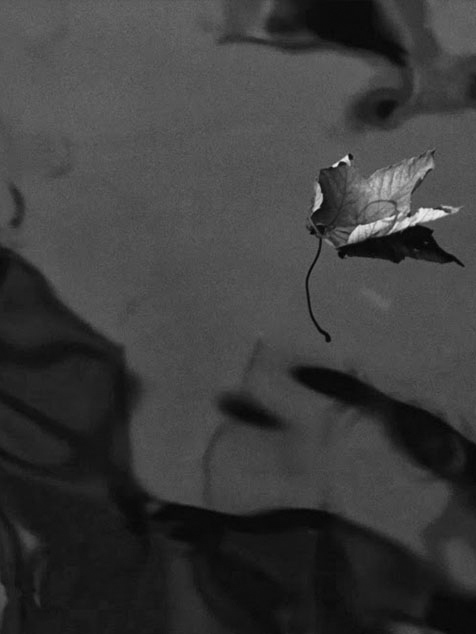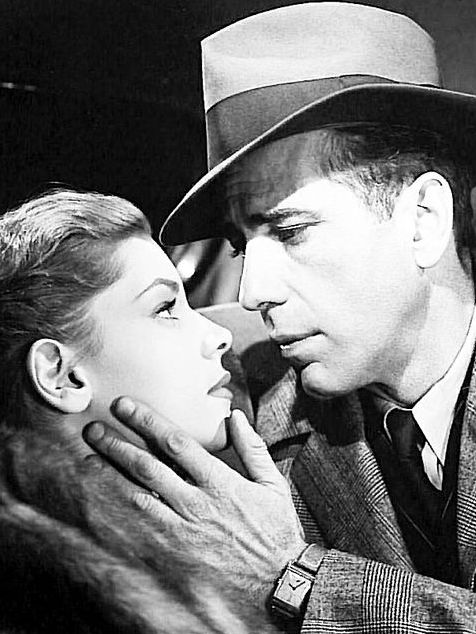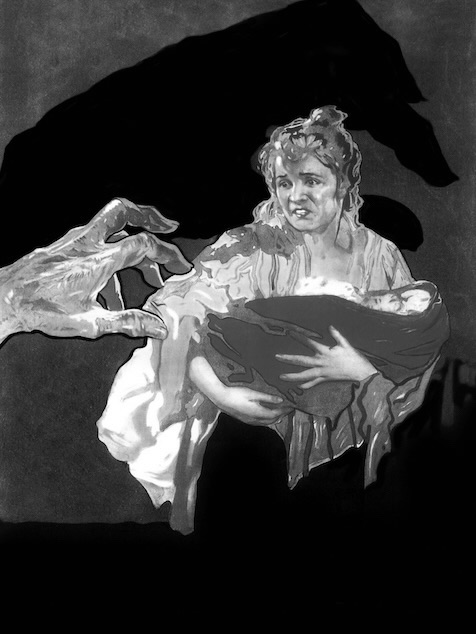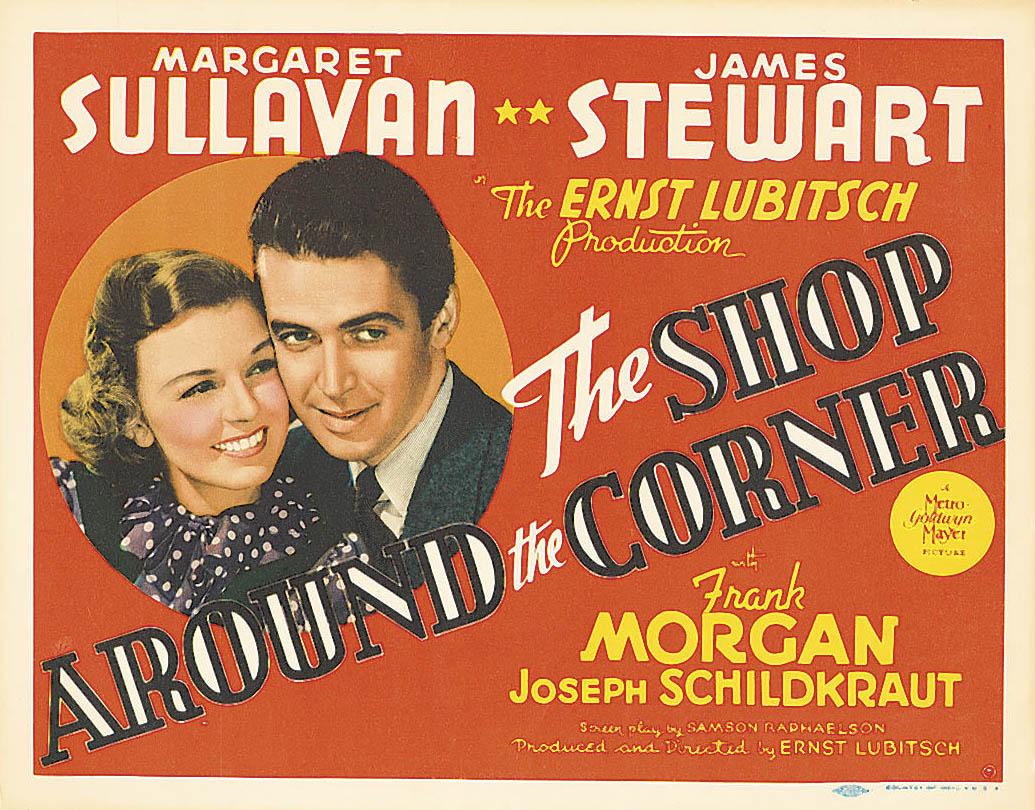
What A Little Love Can Do
To call ‘The Shop Around the Corner‘ simply a great movie, would be the gravest of understatements. Magical is a more suitable word. Simply, and utterly magical.
You may perhaps be more familiar with the recent remake ‘You’ve Got Mail‘, starring Tom Hanks and Meg Ryan, than you are the original film adaptation of the 1939 play ‘Parfumerie’, which was released in 1940 and directed by Mr. Ernst Lubitsch. If that is the case, then I can assure you that you needn’t anything else for Christmas this year other than to watch this 40’s classic and let Lubitsch piece back together the torn fragments of your increasingly dispirited heart. The aforementioned 1998 remake is mostly a bastardisation of the original, although, I think its portrayal of big chain bookstore vs. small independent bookstore is one of merit. Aside from that, however, it merely lifts the romantic narrative device straight out and writes another script around it and thus loses the magic that takes the original up and out of the romantic comedy category. To label Lubitsch’s movie as such would be like calling a sterling silver spoon a shovel. But I digress.
‘The Shop Around the Corner‘ opens, closes, and side from a handful of scenes in-between, lives in the shop of the title, called ‘Matsuschek and Company’, a small department store in Budapest. It is here we meet the eight member cast, from the irascible proprietor, Mr. Matuschek, to the moral centre of the film and happily married family man, Pirovitch, and the streetwise errand boy, Pepi. Also present, of course, are the two leads: Alfred Kralik (Jimmy Stewart), Matuschek’s right hand man and long-time employee, and Klara Novak (Margaret Sullavan), the newest member of the store’s team. From start to finish, ‘Shop Around the Corner‘ concerns itself with the dynamic of the group and their paces in the shop more so than the themes typically associated with the romantic comedy. Within the group we find representatives of different types of people, with differing goals and different social positions. The only real tie between them being that of all wanting to keep their jobs in what we are told, and know given its time in history, is one of great uncertainty and high unemployment.
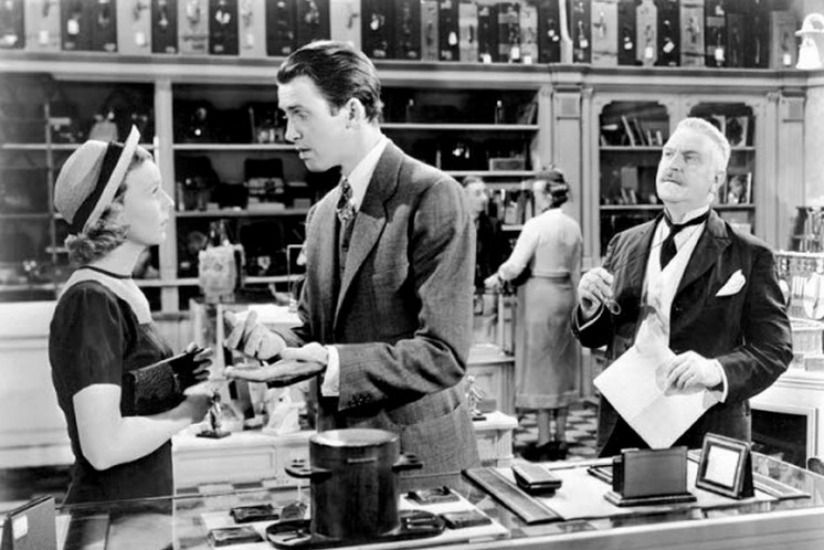
And here commences the unfolding of one of cinema’s greatest love stories. From the jump we see Kralik falling in love with a mystery girl over a series of anonymous formal correspondences about, primarily, ‘high literature’ and ‘high ideals’. We don’t know the identity of the girl on the other side of the P.O. box, and in the meantime we meet Miss Novak, who is hired against Kralik’s advice and who charms everyone except Kralik, resulting in a rather disagreeable relationship. Only around the midway mark do the two unsuspecting pen pals finally agree to meet in person and it is only here that Lubitsch gives us the two and two to put together. It comes as no surprise, therefore, in the best scene of the movie, as Kralik waits outside the cafe using his friend Pirovitch to spot the girl with the red carnation in a copy of Anna Karenina, that we learn the identity of the girl waiting inside, Tolstoy in tow, is of course, Miss Novak. It is here that Kralik puts the two and two together, too. Miss Novak, however, must wait till the final fade out to learn what we now all know.
Lubitsch’s movie is not structured like a classic rom-com, and really it is a movie about people, and human foibles, masquerading as a rom-com. It is not a question of will they, or won’t they, and more a question of what will it mean when they do. We see the effect their letters have on each other, and the satisfaction of the pay-off at the end comes more from the ensuing events, than it does any preconceived notions that love triumphs over all. After a terribly awkward confrontation in the cafe between a knowing Kralik and an unknowing Miss Novak, in which Kralik feigns ignorance of the situation at hand, the latter half of the movie plays out keeping the romance at its’ heart largely at bay. Miss Novak remains wholeheartedly at odds with Kralik and his often unsympathetic behaviour towards her. and he does little to prevent this, but gradually Kralik sets the wheels in motion for the inevitable payoff in the films’ final few reels. Interestingly though, after the initial reveal of Miss Novak as Kralik’s anonymous lover, the movie’s subplots take centre stage and it is through these that we come to understand the stakes involved for the two to fall in love. And that is the hidden driving force behind our emotional involvement in the pairing of Kralik and Miss Novak. It is not, as is too often the case in the romantic comedy, love for love’s sake.
It is also very much not the case, in this story anyway, that love is all that matters. Nor is it offered as a solution to the myriad of other problems the characters face. ‘Shop Around the Corner‘ shows just how easily things can go wrong – how easy it can be to lose your job and therefore your livelihood, how easy and common it is to be lonely, or misunderstood, and that these things are a part of life, a part of the human experience. And love won’t necessarily prevent any of these things, in fact it can have terrible consequences, as is the case with one employee in particular. In fact, there is more proof here that love can be a souring experience than there is in it being the only saving grace in a cold and cruel world. It’s not hard to come away from this movie thinking that a good stable job is more important than finding your soulmate.
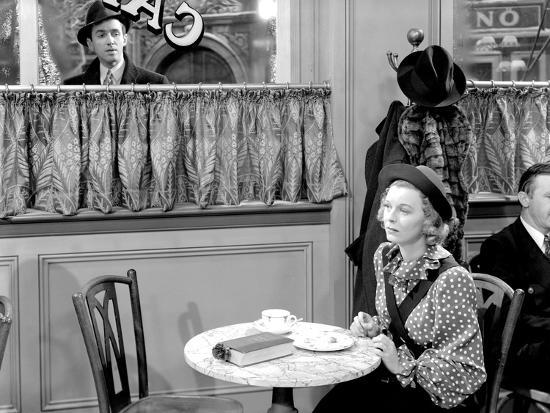
Pirovitch (played by the inimitable Felix Bressart), the only character who is happily married throughout the 97 minute run time is, although the ,most likeable and also the funniest, a bit of a coward and altogether not the most aspirational character. Nevertheless, we root ever increasingly for the leading pair to fall for each other.
‘The Shop Around the Corner‘ is a lovingly made stew of hopes and anxieties, about working life, love, happiness, marriage, loneliness and isolation in which there is no solution provided, no escape intimated. But if only you could find someone with whom to struggle through it all with? Well, then you might just be all right in the end. It was once said by a man much wiser than myself that a great movie is one that makes you feel human, perhaps even a little more so than when you first sat down to watch it. By that definition, to call this movie great, remains the gravest of understatements.
You may also like
Time Waits For No One
Tellus integer feugiat scelerisque varius. Sit amet volutpat consequat mauris nunc congue nisi. At u
THE BIG SLEEP: PROGRAMME NOTE
“Nice state of affairs when a man has to indulge his vices by proxy.” Audiences attendi
A TALE AS OLD AS TIME: JULY
‘Intolerance: Love’s Struggle Through the Ages’ has long been a white whale of mine w


